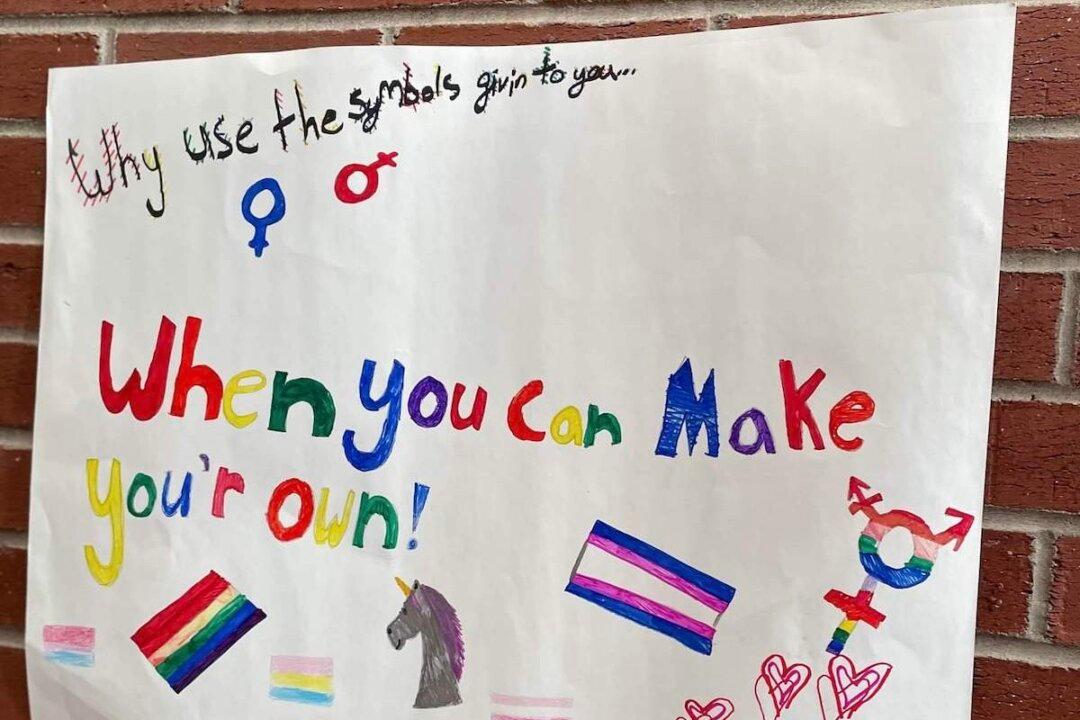Even from middle school, Lucy found that society didn’t accept her gender.
Lucy is a heterosexual girl. Her peers and teachers at Maine’s Regional School Unit (RSU) 22 pressured her to be transgender or lesbian, she said.

Even from middle school, Lucy found that society didn’t accept her gender.
Lucy is a heterosexual girl. Her peers and teachers at Maine’s Regional School Unit (RSU) 22 pressured her to be transgender or lesbian, she said.